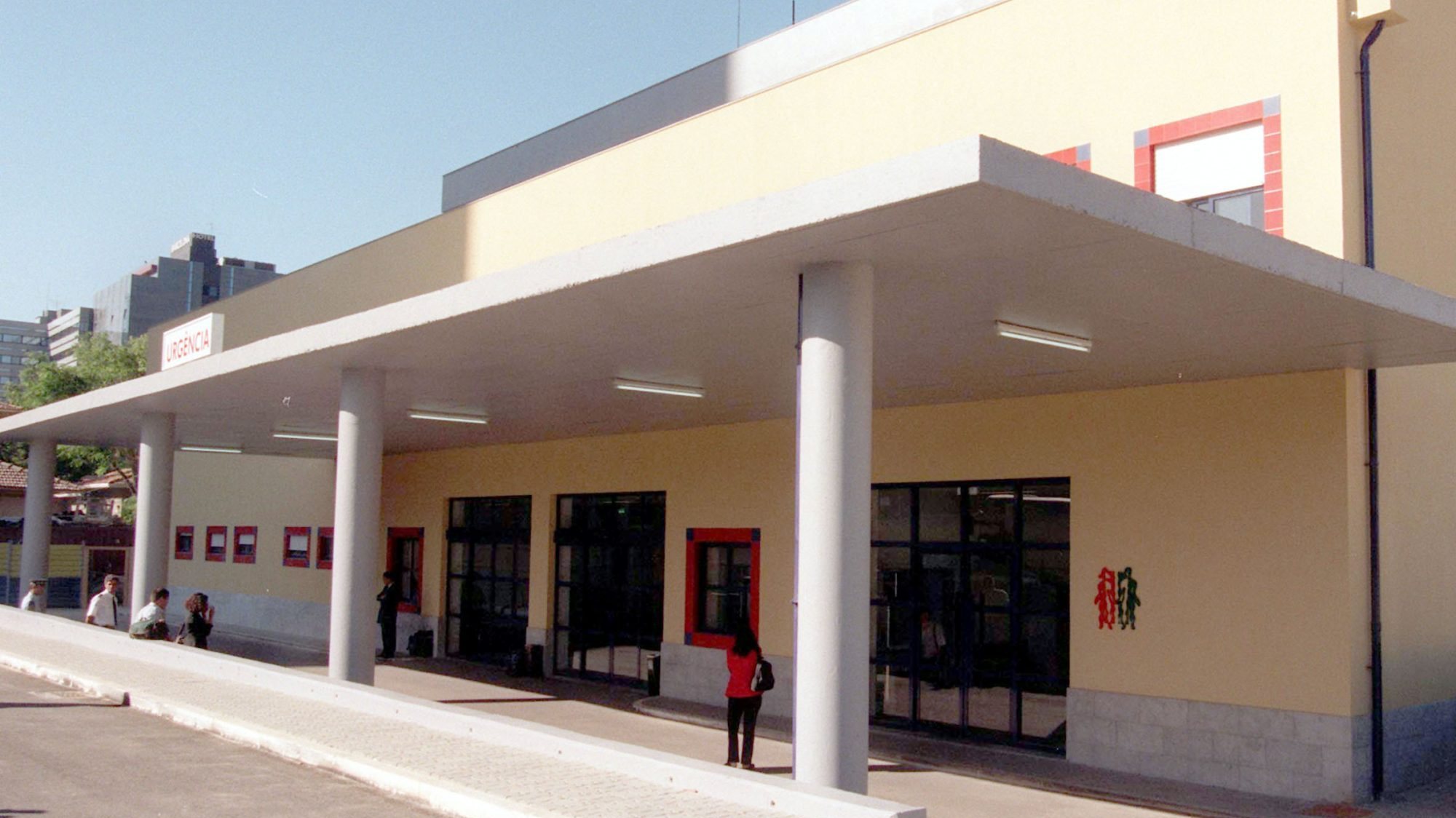The Curry Cabral Hospital, in Lisbon, announced this Wednesday that it has performed robotic surgery for the first time on the head of pancreatic cancer, which allows the patient a faster recovery and with less pain.
The first duodenopancreatectomy by robotic surgery in the country was performed this Tuesday on a 58-year-old man, with a subtype of tumor in the head of the pancreas, less aggressive, though evilcalled an ampulloma, and the procedure was performed by surgeon Emanuel Vigia.
According to Hugo Pinto Marques, director of the Surgery Service and Transplant Unit of the Centro Hospitalar Universitário de Lisboa Central (which includes Curry Cabral), the possibility of performing the operation using robotics “it is a step forward in the country????????
“The possibility of performing this type of surgery with less invasive methods, in this case robotics, represents a very good perspective for patients, in the sense of having a better recovery from surgery than, normally, it is very complicated and aggressive”, He explained.
The clinician also said that conventional surgery leaves a “quite large” scar and “usually requires a length of hospital stay.”
The use of a robot enables the procedure through five holes of up to one centimeter each”,it is much less aggressiveand more precisely, he detailed.
“It is a surgery with much greater precision, because the robot allows a movement that does not have tremor, more precise, with a visualization of the anatomy and structures that is magnified 10 times in high definition. Therefore, it allows an enlargement of the human eye in a slightly different way than that produced in conventional surgery”, highlighted Hugo Pinto Marques.
For the director of the Surgery Service and of the Transplant Unit of the CHULC, where most pancreatic head operations are performed in Portugal, between 100 to 150 per yearthe innovation allows “less aggression for the patient and a much faster recovery.”
Although this factor is still under analysis, “everything indicates” that “it is likely that in the future the complication rate will be lower” with robotic surgery.
The operation, which takes longer than the conventional one, with a duration of about five hours, lasted at approximately 9:30 am.
“The procedure takes longer than conventional surgery, what it provides are more benefits for the patientin terms of recovery,” said Hugo Pinto Marques.
The doctor underlined the increase, in global terms, of pancreatic cancer “throughout the world and also in our country.”
????????Surgery is the only cure for pancreatic cancer.said Hugo Pinto Marqués.
The team, led by Emanuel Vigia, had the support of a Dutch team, as part of a European training program for this type of surgery.
The operation consists of removing the head of the pancreas, the duodenum and part of the stomach.
Robotic surgery has been implemented in the CHULC since November 2019, the year in which the first equipment of this type appeared in the National Health Service, according to information from the Hospital Center.
The use of robotics is already practiced in urology, colorectal cancer, surgical treatment of obesity, gynecology, and hepatobiliary-pancreatic diseases.
On the eve of World Pancreatic Cancer Day, on November 15, Dr. Ricardo Rio-Tinto, president of the Portuguese Pancreatic Club, spoke to the Lusa news agency about the progress madeWhat have been done in this area? and the higher incidence of this tumor in younger patients, between 40 and 50 years old, without the classic risk factors: alcohol consumption and smoking.
Although the overall prognosis remains poor, there has been a slow but steady increase in five-year overall survival, from around 5% to more than 11%, he said.
Source: Observadora
